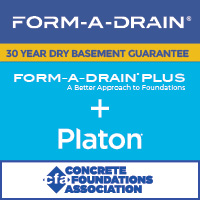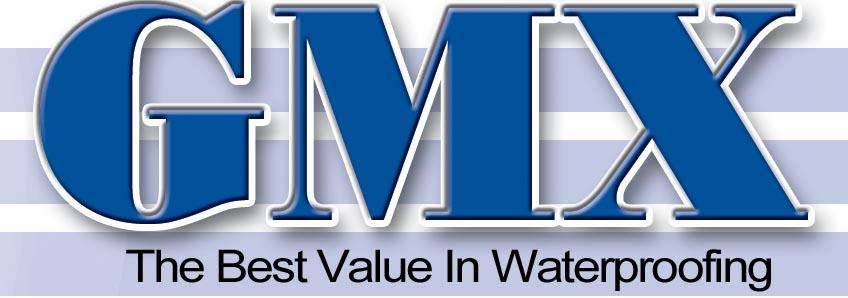Rebuilding the Gulf Coast Region Starts With Education
The Concrete Home Building Council (CHBC) and the Home Builders Institute (HBI) met for a post Hurricane Katrina and Hurricane Rita Strategy Summit on Oct. 12 at the NAHB’s National Housing Center in Washington to define how they can work together to educate builders, displaced skilled workers, displaced un-skilled workers and communicate with other industry and governmental entities about plans to rebuild the Gulf Coast. Together, the organizations strive to instruct the region on the benefits and processes of concrete-home construction.
The transference of cementbased systems and product building technologies to the Gulf region is proactive in nature and they hope the approach will create stronger building codes and “In the last year, there have been two hurricanes that have hit Florida,” says Michael Weber, president of the CHBC and director of residential for Portland Cement Association. “You look at the damage and it isn’t even comparable to the Gulf region because so many structures in Florida have been built to withstand these types of natural disasters. As members of the Concrete Homes Council, it’s our responsibility to provide the necessary education and resources to rebuild.”
Currently, the CHBC association members have programs that are available or can easily be put into a common format that the HBI will embrace and channel through their educational system at state and local levels. The HBI will facilitate the delivery for all education programs at the state and local level utilizing grants from the Department of Labor, HUD and FEMA. Katrina relief efforts continue to focus on immediate recovery activities and funding for training remains an interest, but not an immediate goal. The HBI plans to pursue training programs wherever feasible and have its existing construction programs complement the CHBC courses for developing the necessary workforce in this massive rebuilding effort.
For builders and the workforce, the HBI plans to deliver the CHBC programs with professional instructors and the help of the CHBC members as potential instructors and facilitators of the effort. The HBI’s goal is to incorporate these programs in the permanent coursework, not simply the temporary because of the issues at hand.
Program organizers hope to utilize locations throughout the affected regions that have not been destroyed to house the instructional seminars. Eight-hour education programs are set to be developed for builders on the CHBC member’s wall systems including a four-hour education program for concrete roof tiles. Builders will receive the existing five NAHB education programs (includes three under review) as soon as possible.
Other existing programs in the marketplace for workforce training that focus on ICFs, masonry, removable forms, precast, roof tiles, pavers, and segmental retaining walls will be streamlined through the HBI network of state and local education facilities. The groups also plan to incorporate additional programs as they are introduced.
In order to fund the development of these industry programs, the organizations will utilize the CHBC membership. Their decision to do so stems from the fact that federal grants can’t be used for developing industry training programs. The CHBC also plans to work with the NAHB’s Marketing and Sales Department to reach out to large corporations for additional funding. The HBI will financially support the delivery of the courses throughout the Gulf region through state grants, appropriations or otherwise. This will be on a state-by-state basis, since funding has been committed to each state individually.
In addition to financial commitments, the HBI has also been in contact with the participating community colleges intending to hold education programs. The HBI has a proven record of success with Department of Labor workforce development grants, graduating over 5,000 journeymen through its programs.
The HBI will look to the CHBC and the NAHB members to help facilitate placement of the trained labor force and they will also appoint these members as subject-matter experts for course development and as possible course instructors.
For more information about the planned education programs or to find out other ways the cement industry is impacting the Gulf region contact Dawn Faull at 202- 266-8362 or e-mail dfaull@nahb.com.
by Rachel Zwerneman, Op5 Creative, Inc. Rachel Zwerneman is a project coordinator for Op5 Creative, Inc. in Atlanta, Ga. She is a recent graduate of the University of Georgia with a degree in magazine journalism.







